From 2005 to 2019, from Istanbul to Madrid via Athens and Kyiv. Four Champions League finals, one very different football club.
“How could I leave after a night like tonight?” said an exasperated Steven Gerrard, his eyes darting across the mass of red contrasting against the black of the Turkish night sky.
As the Ataturk roared and the party braced itself to go the full distance, the Liverpool captain was being asked by broadcasters ITV about his future.
The greatest night of Liverpool’s modern history, with Gerrard at the heart of it all, was immediately under scrutiny for being a ‘one-off.’
Mission impossible achieved, a story fit for cinema…but time to jump ship?
Now, European champions once more, things couldn’t be more different for the Reds. It’s been a long and winding road to get to this point, with rebuilding projects little appreciated at the time.
Myths and magic present their own problems
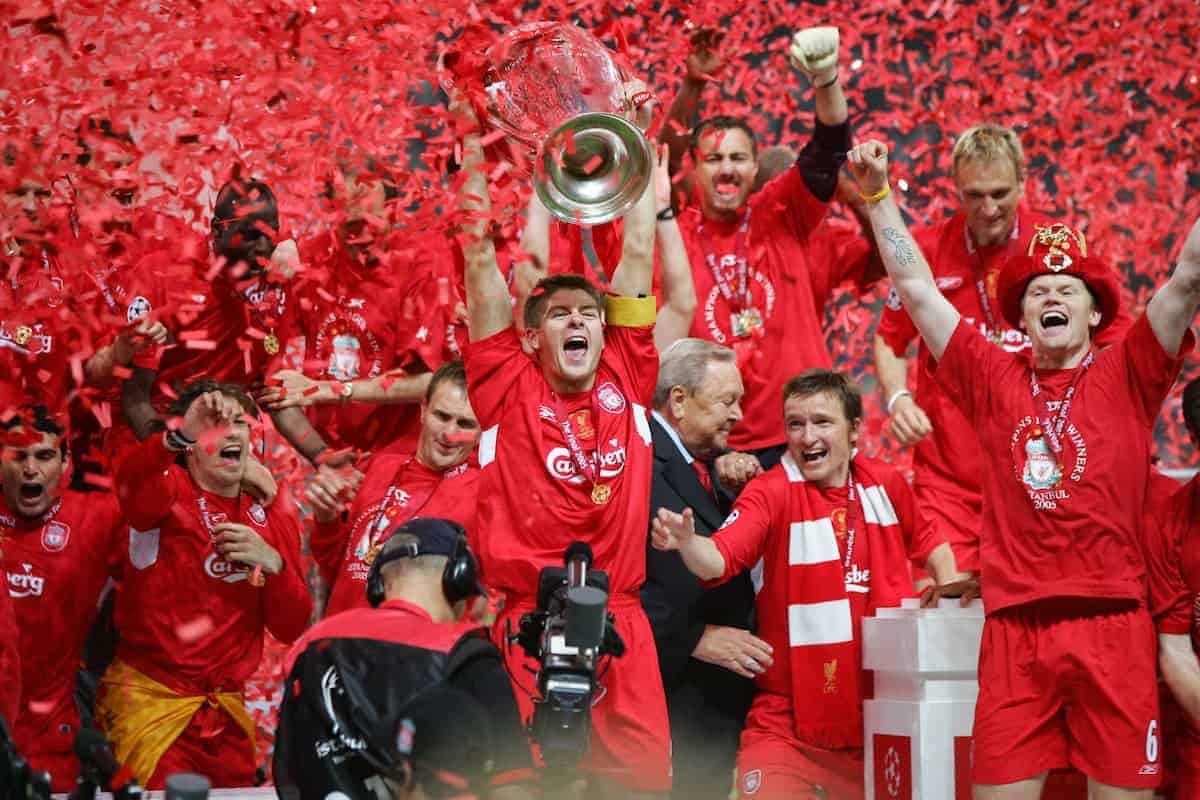
On paper, Liverpool did not have a hope in hell of beating the AC Milan side of 2005, with its every position boasting an international legend.
The mythical comeback was apt, in many ways, as Liverpool emerged as the heavyweight champion nobody expected.
The parallels between Istanbul and Madrid are few and far between, with Jurgen Klopp’s side having left the Spanish capital knowing with full confidence they are one of the finest teams in Europe, if not the finest, on their day.
Immediate post-match talk on the pitch of the Wanda Metropolitano was not of players’ futures and transfer speculation, but of redemption at making a repeat European final and taking the silverware home.
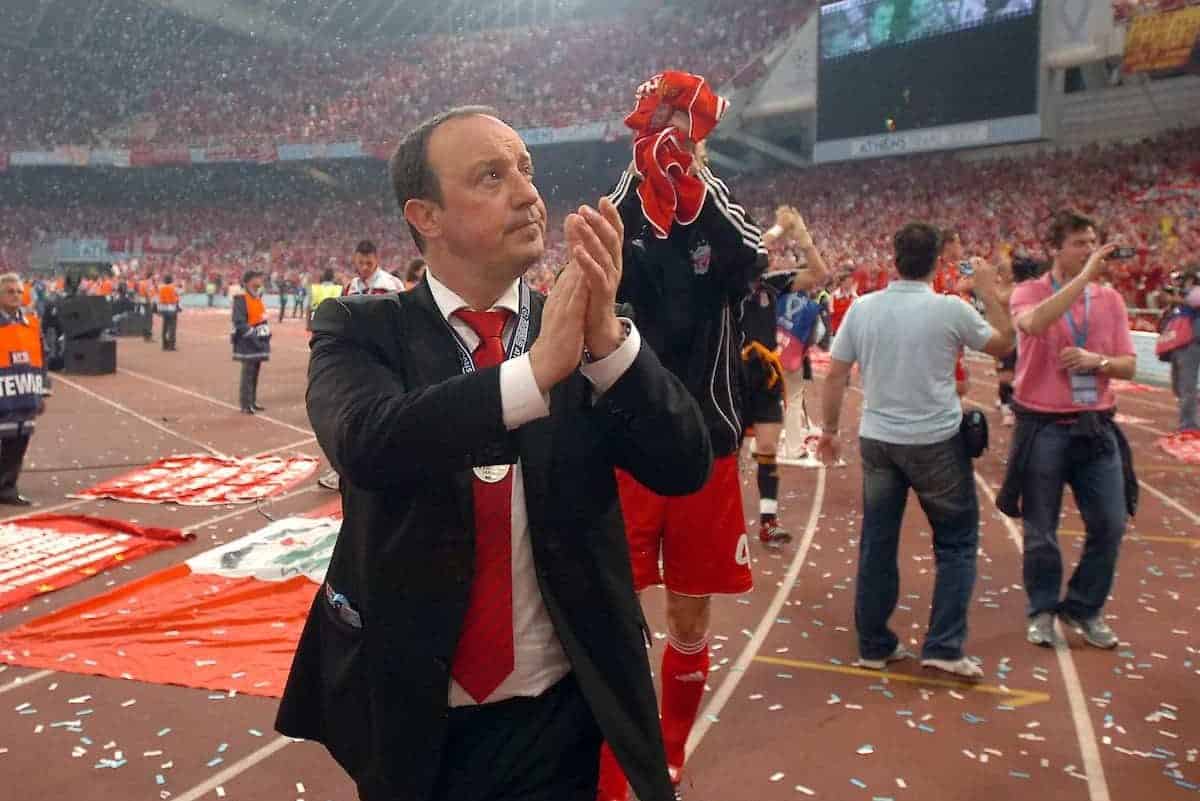
Rafa Benitez’s plucky pretenders of 2005 achieved the impossible in the infancy of his reign, on a threadbare budget and at a time when European competition did not offer today’s riches.
In the ecstasy of the legendary ’05 campaign, it’s sometimes forgotten the Reds did not even achieve a top-four finish, being able to only defend their silverware by default of winning the competition—and even that required a rule change.
More money was missed, and more pressure was piled on. It came as no surprise that in the following weeks, Liverpool’s club captain was again linked with high-spending Chelsea despite the biggest night of his career still being fresh in the mind.
Where do you go from Istanbul? The question had to be asked. Liverpool were heading for a summer break, yet returning to as much confusion as ever.
A world of difference
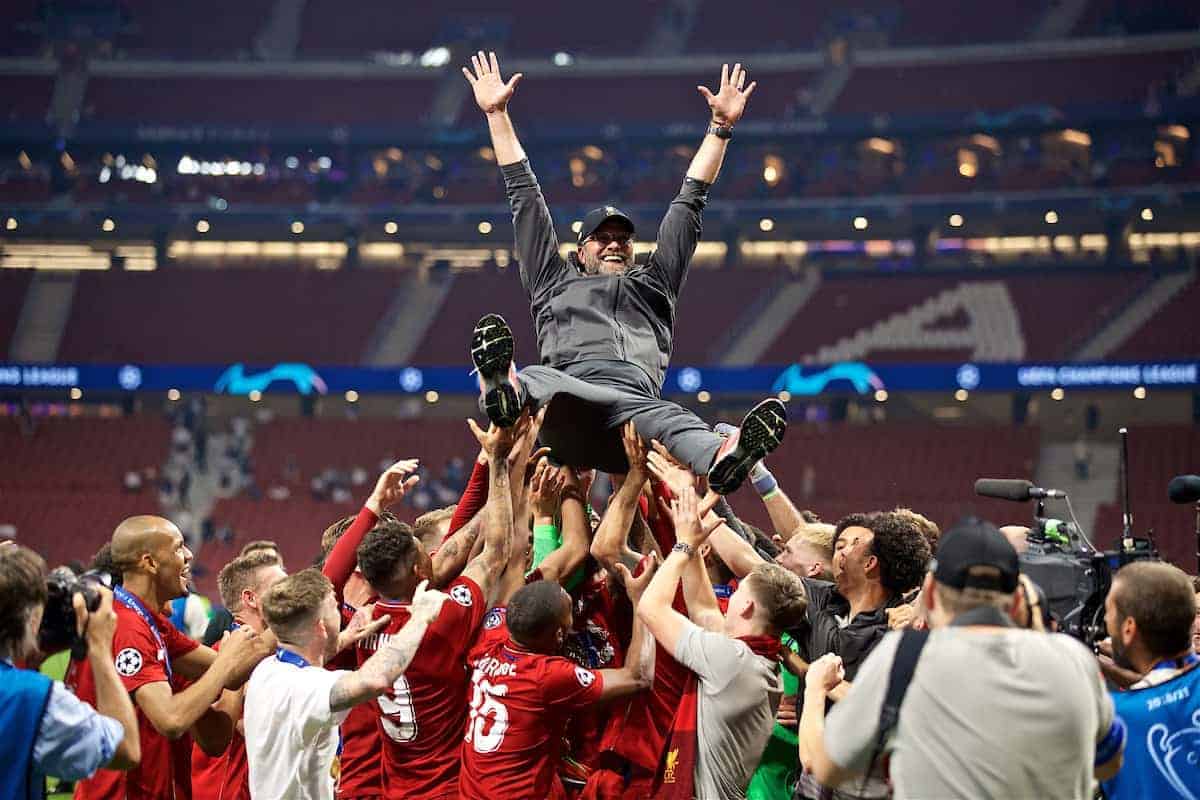
The winding path which links Istanbul to Madrid loses itself many times along the way. Liverpool, as a club, lost itself amid the farce and false promises of Hicks and Gillett, the Roy Hodgson era and what seemed like an oasis of mediocrity.
Liverpool’s rebirth, completely organic in its making, is the very reason the club has been able to pull alongside and rival Manchester City, despite vastly inferior resources.
Astute handling of club affairs, from hiring the right personnel in the lesser-seen Melwood corridors all the way up to the boardroom, has now reaped rewards.
The Liverpool which fans see today has an identity stronger than ever before, with a crucial cohesive nature in its cycle of daily life.
The Reds left the pitch in Madrid on a wave of euphoria, but also with a sense of satisfaction that couldn’t have even been considered in Istanbul.
A case of job done. A tick in the empty box. Champions of Europe, done. Major trophy under Klopp, done. Onto the next.
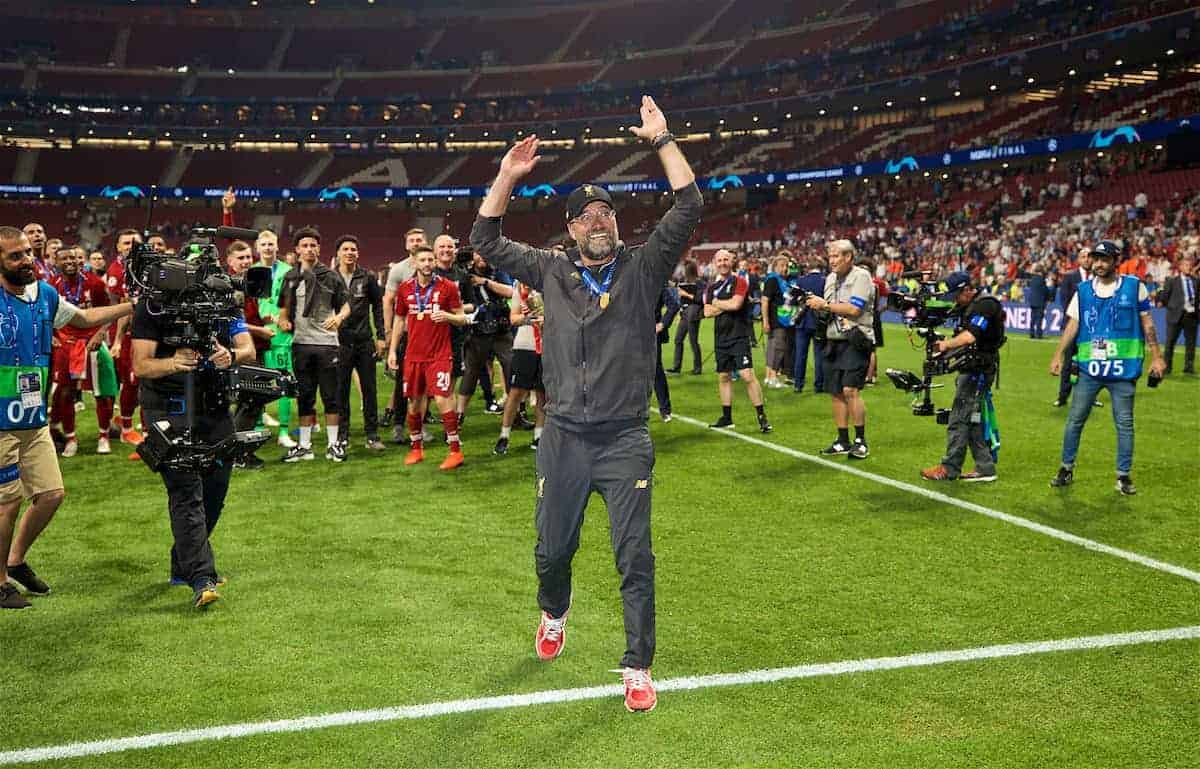
Now the dust has settled a little, it’s fair to say Liverpool retook the European throne not by defying the odds—save for the second-leg against Barcelona—but more as a result of living up to their own expectations.
No first-team starter left the Wanda considering their futures, as Gerrard did all those years ago.
Conversely, tongues immediately began to wag over the topic of extended deals for new heroes Alisson Becker and Virgil van Dijk—despite the ink on their original Anfield contracts having only just dried.
If anything on that heady night in the Spanish capital captured Liverpool’s mood better than most, it was the nonchalance with which Divock Origi floated to the corner after scoring the match-winning goal.
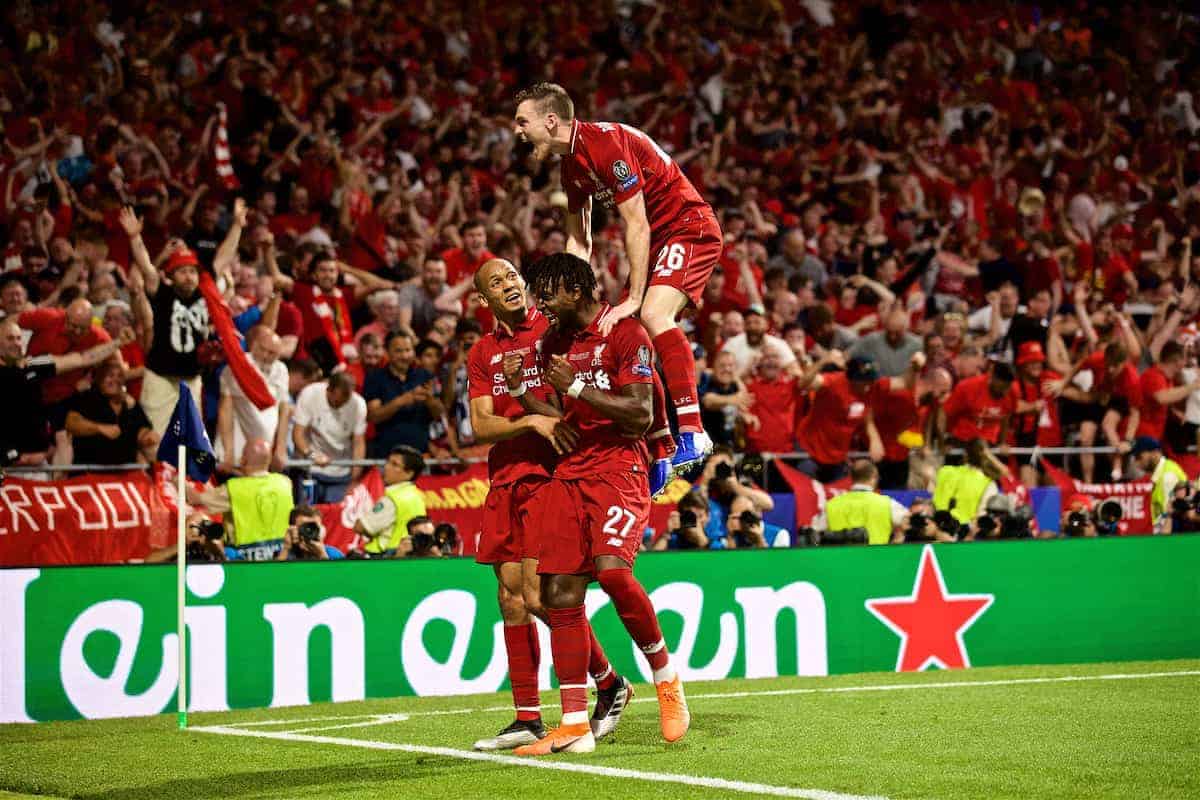
Jogging pace, arms slightly outstretched, a contented smile etched across the face. Tranquility. Business as usual. Expectance, in other words.
Limbs flailed in the away end, Kopites toppling upon one another, hugs being dished out and salty tears flitting into the night sky amid the bedlam.
That’s all part and parcel of being a supporter, of course, but on the pitch you could not find a Liverpool player aghast at what had just been all-but-confirmed. This was a shot at redemption and it was taken with aplomb.
Here to stay
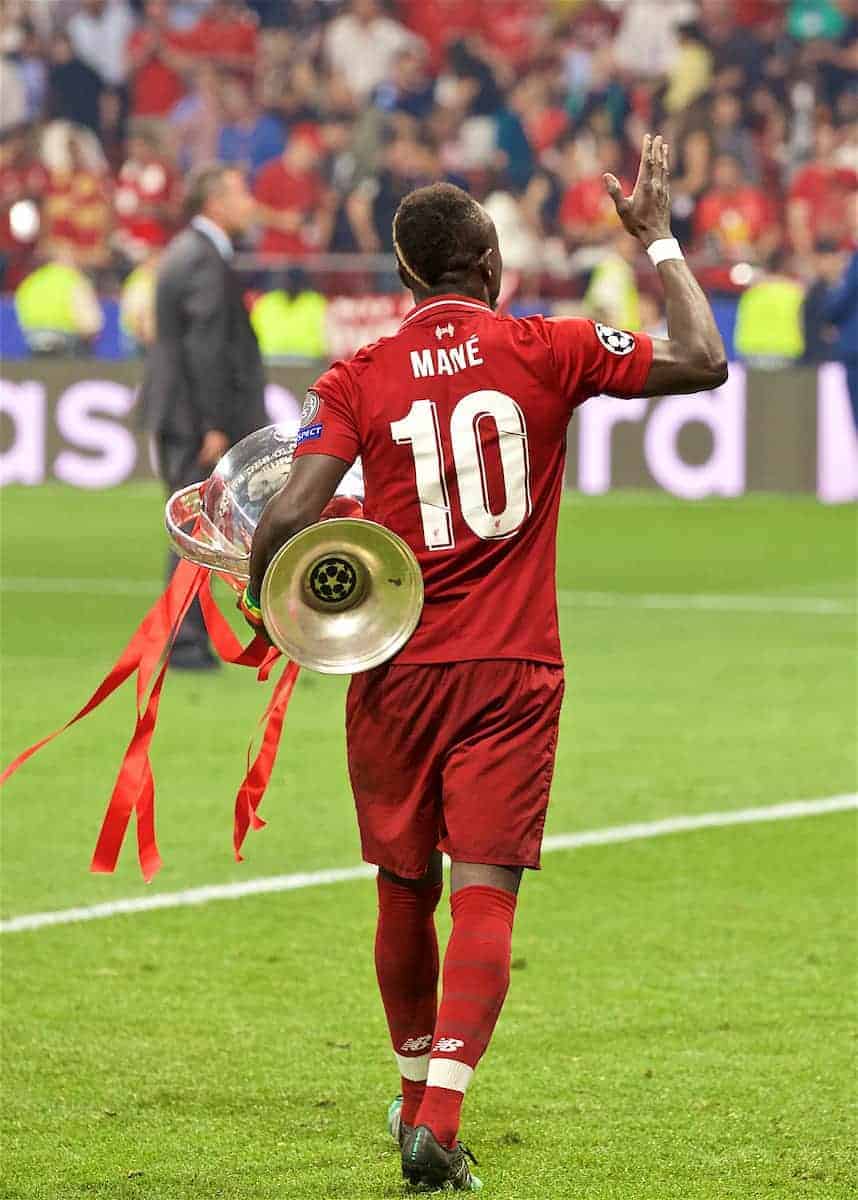
After lifting old big ears in 2005, Liverpool crashed out the following season to Benfica with a 3-0 aggregate scoreline in the first round of the knock-outs.
That was the Liverpool of then. Hopers rather than believers. The title-holders nobody, let alone themselves, expected to defend. So much work still needed to be done, as Benitez well knew.
Rather fittingly, Liverpool lost the second leg at Anfield 2-0, with Portuguese winger Simao Sabrosa opening the scoring. The player who the Reds had given everything in their attempts to bring to Anfield.
The pull of the European champions wasn’t enough. Simao stayed, eliminated a Liverpool side desperately in need of a rebuild, and departed for Atletico Madrid later down the line.
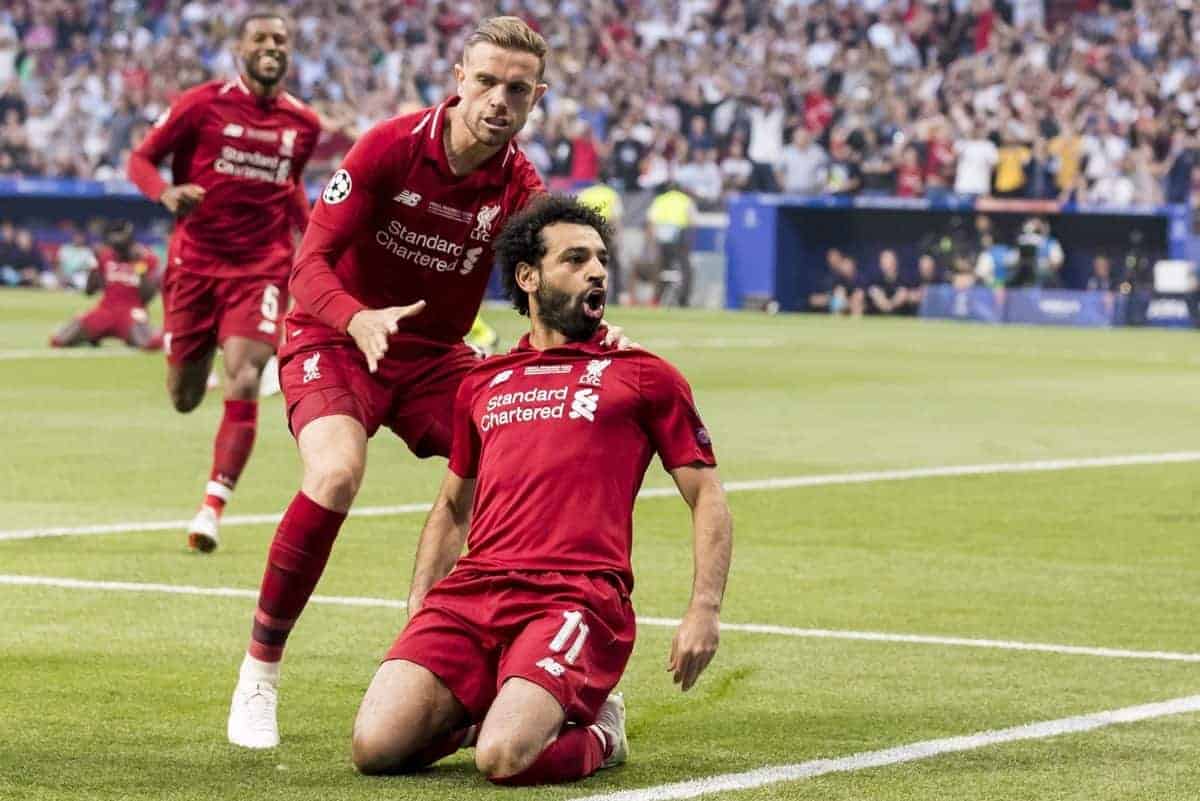
Oh how times have changed on Merseyside.
Almost 15 years on and the Reds are European royalty again, boasting a talent-laden, youthful squad and finance books healthier than ever before. No single player in Europe would refuse to pick up the phone if the Reds come calling this summer.
Times have changed. Istanbul will always win for misty-eyed nostalgia, but Madrid is the foundation of the new, and possibly greatest, era in the club’s storied history.

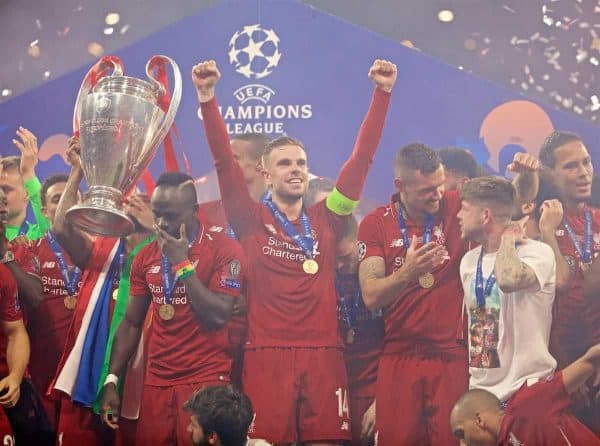



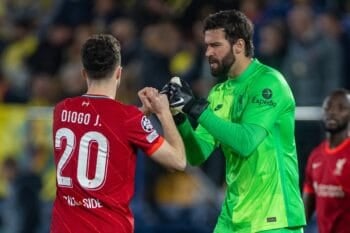
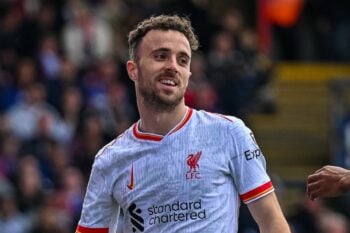
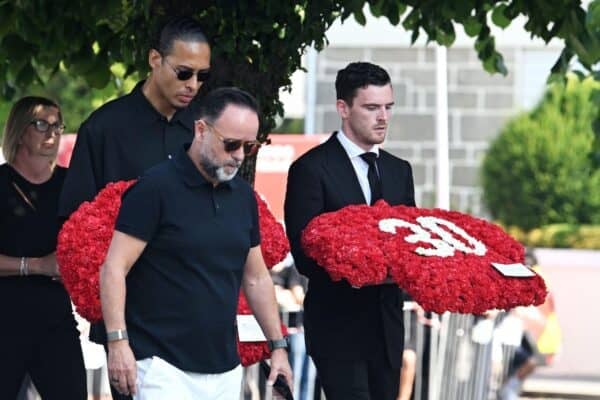
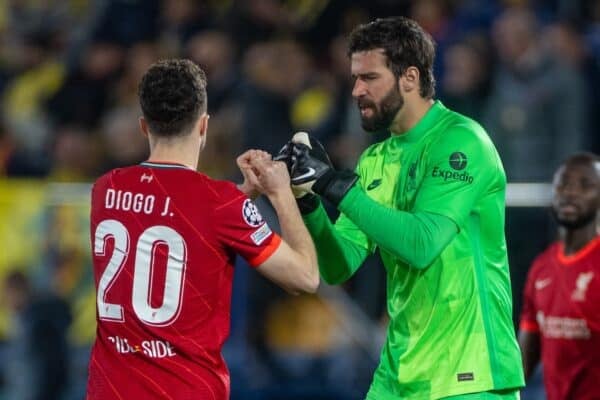
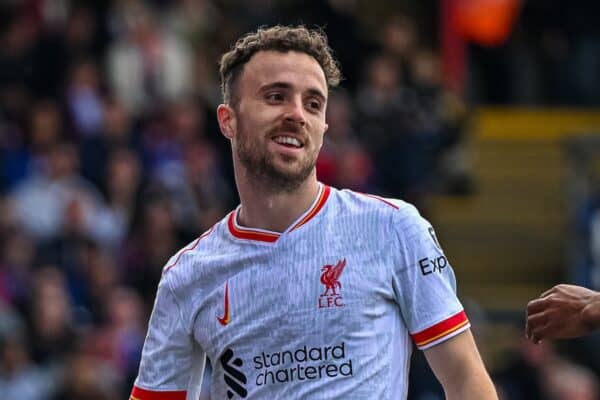
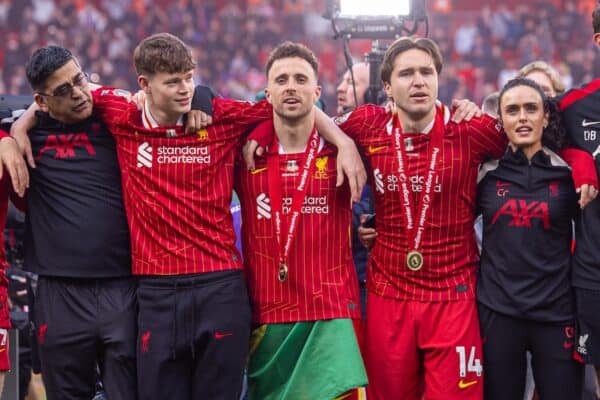
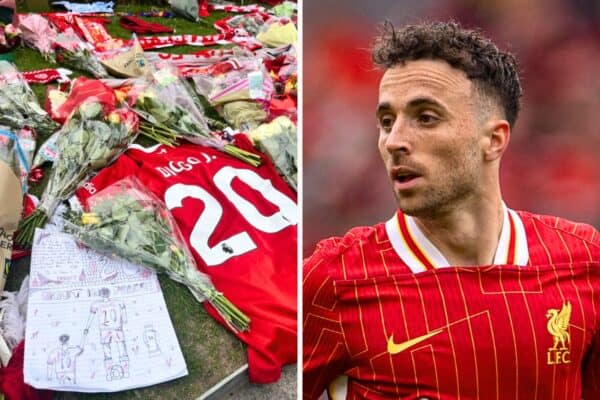
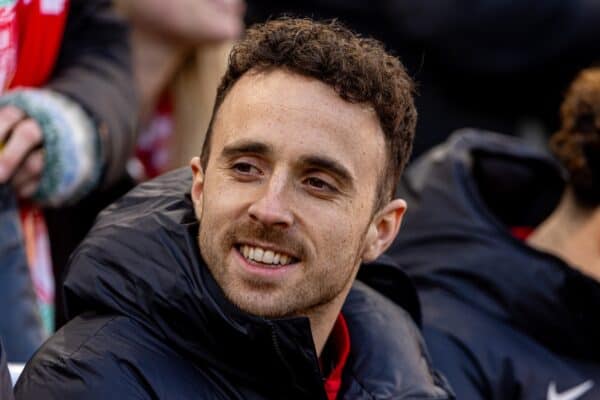

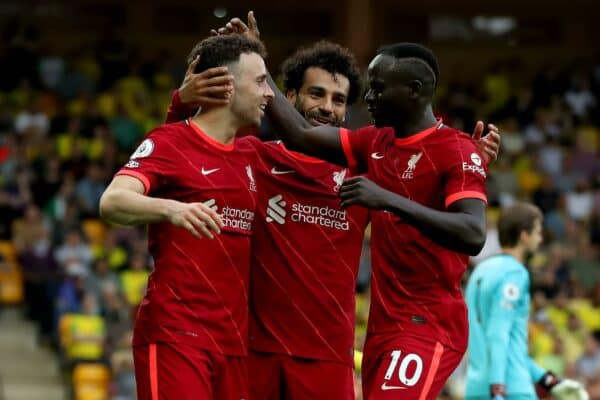



Fan Comments